All about petunia series "Shock wave"
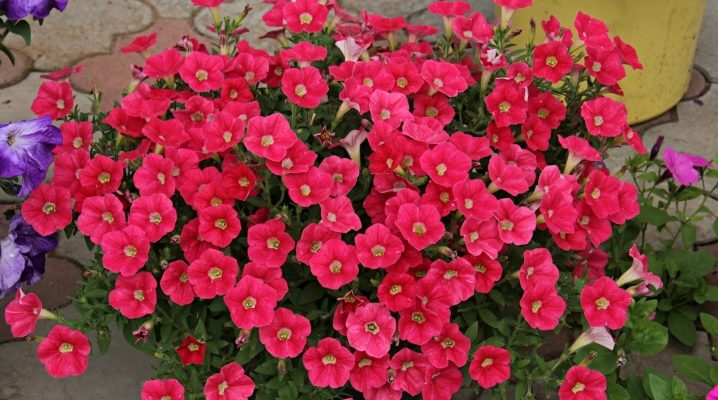
One of the most famous varieties of ampelous plants, Shock Wave petunia, is used as vertical gardening, decorating verandas and lawns, decorating flower beds and alleys. The love of gardeners for this variety is ensured by the lush flowering of the variety, and the variety of colors does not allow petunia to be ignored.
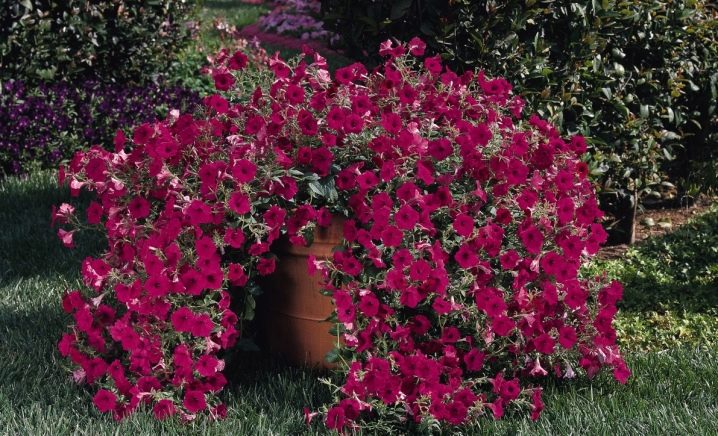
Characteristics of the family and variety
Plants from the "Wave" family are characterized by early and long flowering. This variety was bred in South America, almost recently. Its lush-flowering bushes have a relatively large volume and reach 30 cm in height, and hanging lashes can grow up to 1 m. The size of flowers in representatives of the Wave family is up to 5 cm. The petunia bloom period lasts from June to October.
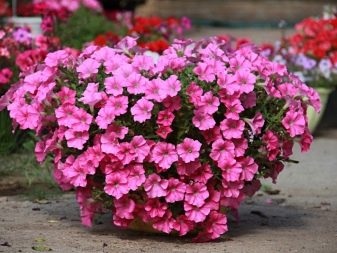
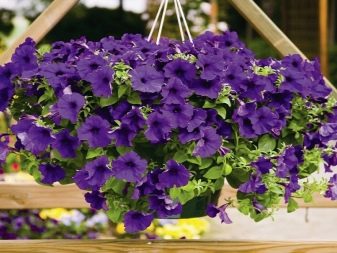

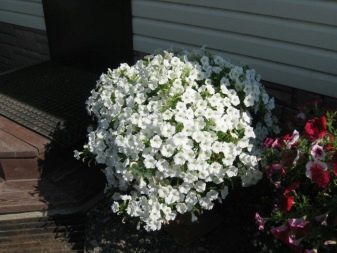
A striking representative of the Wave family is the Shock Wave petunia, a distinctive feature of which is its miniature leaves and flowers. This variety belongs to the ampelous variety and is well grown in hanging and floor pots, pots. The Shock Wave petunia is characterized by purple, as well as white, blue, yellow, pink colors. Another distinctive feature that the ampelous beauty possesses is resistance to rain and wind, despite the fact that it is a very thermophilic plant. Petunia "Shock Wave" grows well in sunny places in loamy or sandy loam soil.
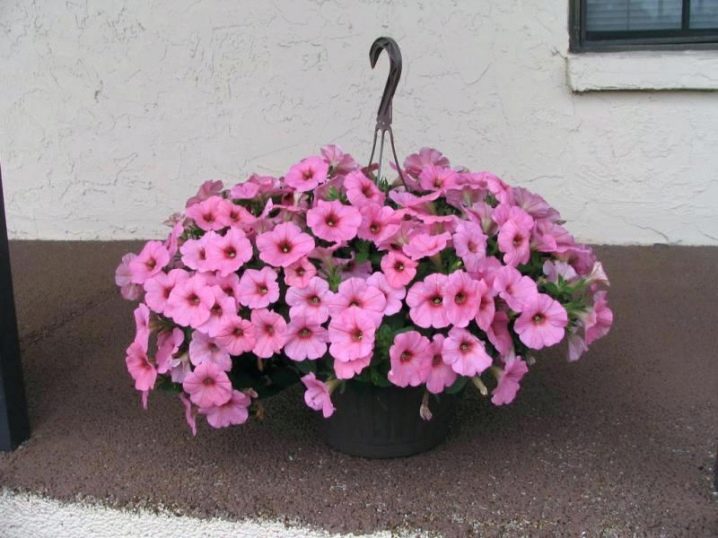
This plant is perennial, but is cultivated as an annual. All representatives of the Shock Wave variety have a refined pleasant aroma.
Variety of varieties
The Shock Wave series is represented by a variety of new varieties of petunias that have no analogues.
For petunia "Shock wave deep purple" early onset of flowering and rapid growth are characteristic. A versatile plant variety, growing, acts as a flowering soil cover for garden plots or is used in "green architecture". The medium-sized variety "Shock wave deep purple" is distinguished by long and strong shoots, produces burgundy flowers with a diameter of 5-6 cm.
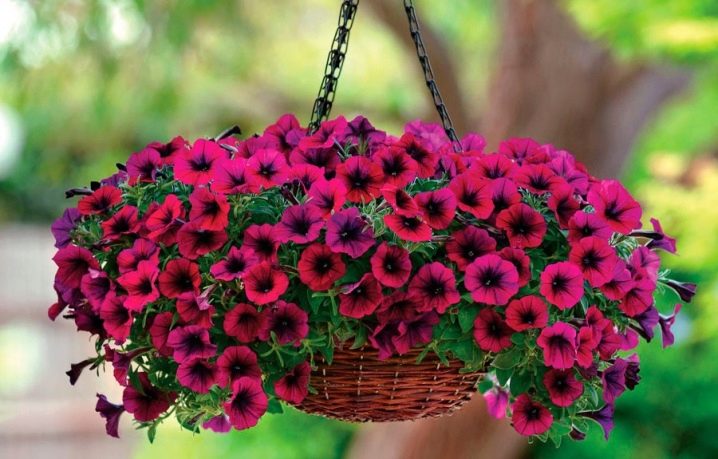
Early flowering series of ampelous petunias "Shock wave pink way" blooms with the smallest flowers, which significantly differs from other species of the variety. This variety has dense branches, abundantly strewn with pearl pink flowers. The advantages of petunia "Shock wave pink way", amateur growers recognize its unpretentiousness and super-abundant flowering. This type of plant practically does not need shaping pruning. It grows on its own and takes on an attractive spherical shape.
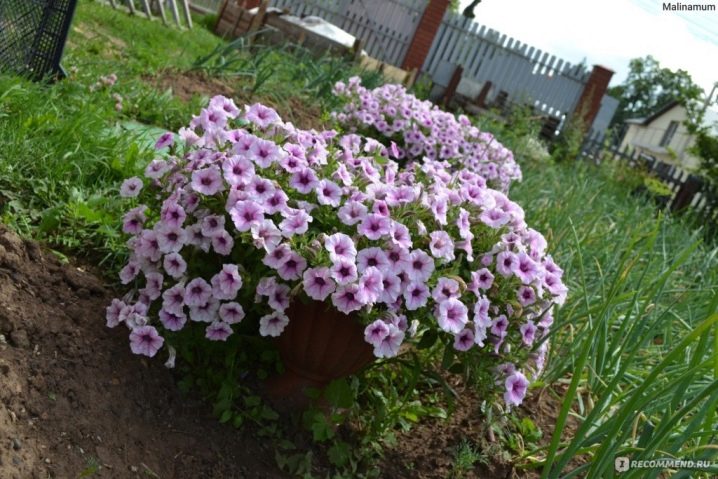
For the variety "Shock wave denim" lavender color of petals is characteristic. The size of the peduncles is on average up to 5 cm, and the height of the bush is 25 cm. Long hanging sprouts up to 90 cm form a graceful flowering "cap", which is ideal for placement in hanging baskets and pots.
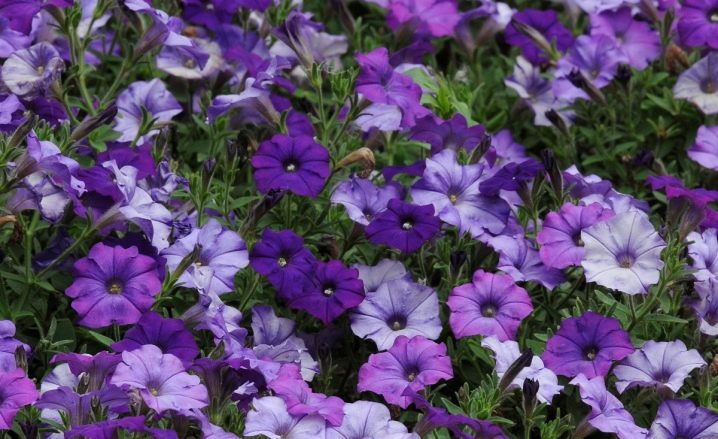
A distinctive feature for petunias "Shock wave coral crash" is a large number of small flowers of a bright coral shade. Just like other representatives of the Shock Wave variety, the plant can be grown in floor and wall pots, often outdoors.
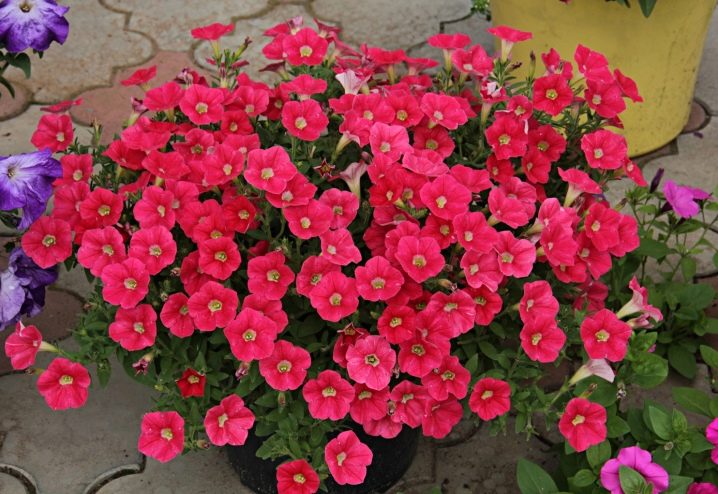
Intense pink color typical of petunia "Shock Wave Rose", will be able to add color to the creation of flower arrangements for vertical gardening of a garden plot, summer cottages and other landscape design options. With a bush height of up to 20 cm, the plant forms branches up to 1 m long, densely covered with bright peduncles.
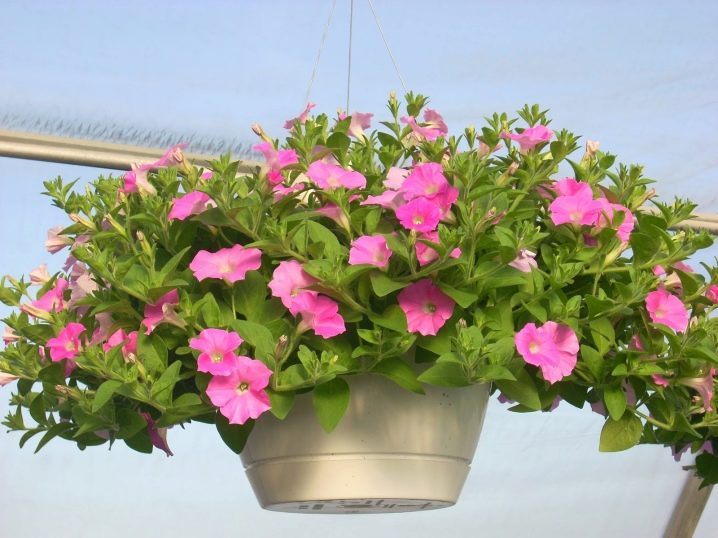
Another of the brightest types of petunias "Shock wave coconut" it is distinguished by its gorgeous white flowers with a pale yellow heart and characteristic abundant flowering. The size of the peduncles in this species is standard, up to 4-5 cm in diameter. It can be used as an ampelous plant, as well as a ground cover in a variety of garden beds.
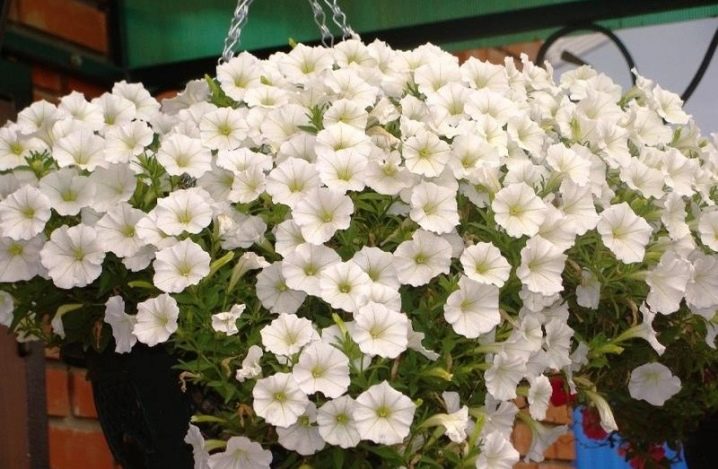
Petunia is distinguished by a variety of flowers. "Shock wave royal mix", it is achieved by mixing several types of seeds. With the germination of this variety, a mixture of colors of densely flowering shoots is achieved, which ensures the unusual beauty of the bush. To form the ideal shape of petunias, the shoots are slightly pinched.
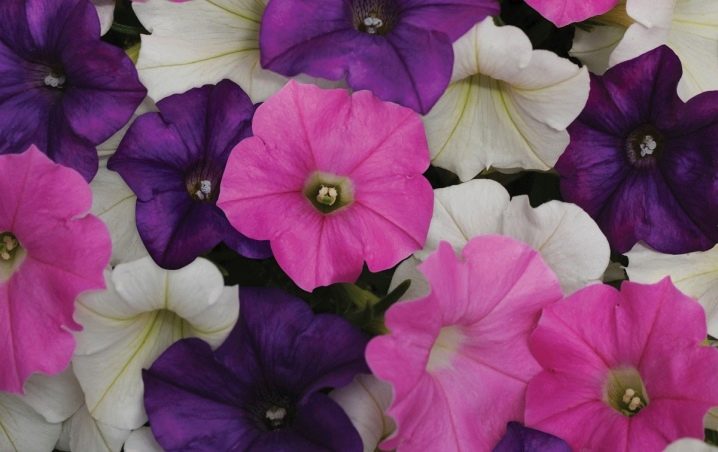
Petunia bushes "Shock wave yellow" differ from other types of varieties in a slightly higher bush height (up to 27 cm) and a more spherical shape. Inflorescences are bright yellow with a dark yellow core 5-6 cm in diameter.
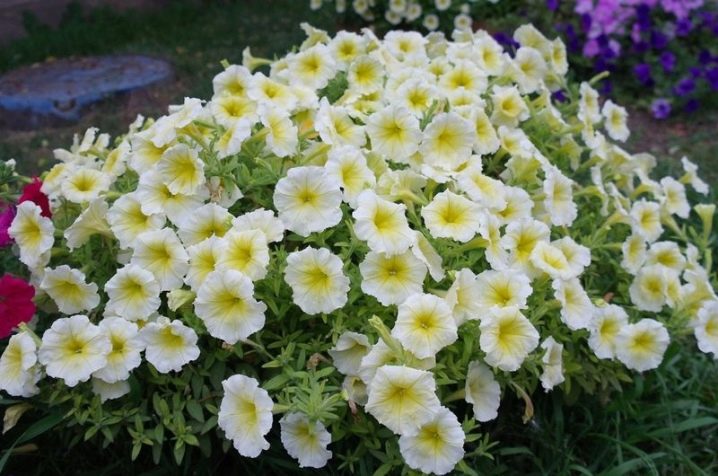
Landing rules
The most common way to grow a plant is from seeds. Planting is considered more favorable in the period from February to April. Seeds are scattered into pots on loosened light soil and sprinkled a little on top, then thoroughly sprayed with water. To maintain moisture, an equal amount of peat and clay is added to the soil mixture. Spraying the soil should be done frequently. The containers with seedlings are covered with foil or glass and opened daily for 30 minutes for airing.
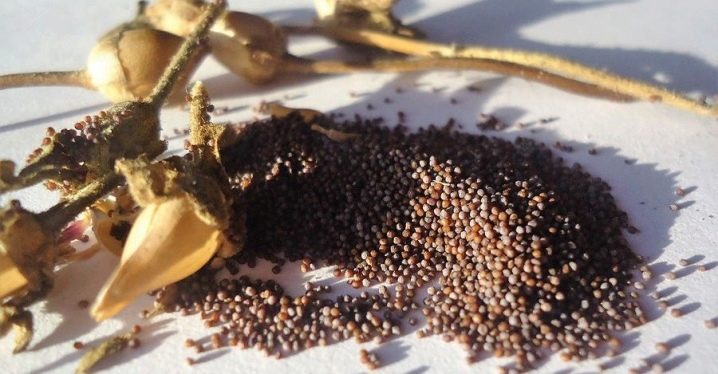
During short daylight hours, an additional light source is recommended so that the total light period is 11 hours.
From the moment the first sprouts appear, it is recommended to spray boiled warm water on them, and to introduce fertilizers with the first leaves. It is necessary to fertilize seedlings 2 times a week during watering.
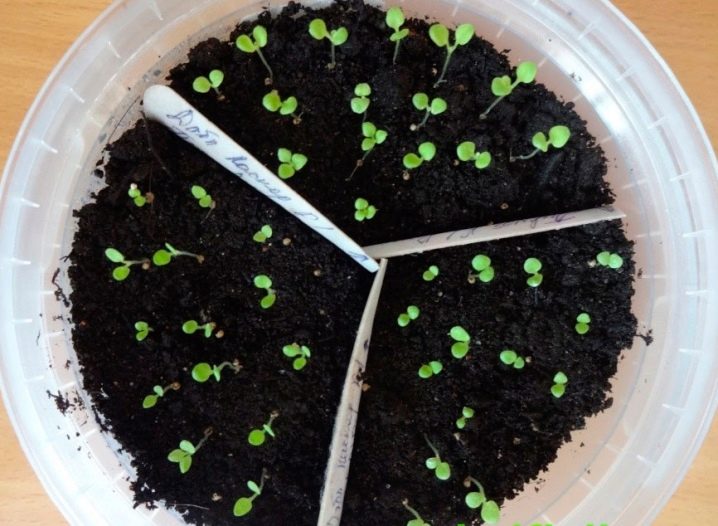
When 2-3 strong leaves appear, petunias should be dived, planting 1-2 shoots in separate containers. On day 30 after planting, the seedlings can be transplanted into a larger pot (up to 9 cm in diameter). In open soil, planting of 3-month-old seedlings is carried out at the end of spring, when the likelihood of cold snaps decreases.
Care basics
Judging by the majority of gardeners' reviews, Shock Wave petunia is an unpretentious plant.
The natural climate for petunias is hot and humid, so it must be grown in well-lit areas, but not in direct sunlight.
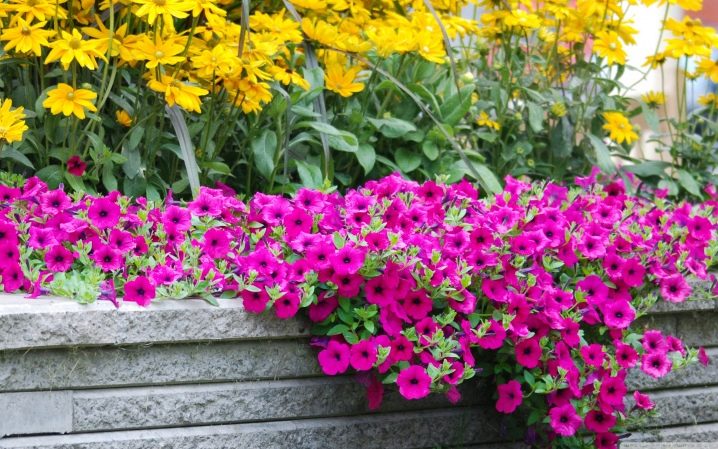
The most suitable temperature for "Shock Wave" petunia is + 16.18 ° С, in addition, the plant is able to favorably tolerate temperature fluctuations up to + 12 ° C. In a harsh winter, it is difficult to maintain favorable conditions for the wintering of petunias, therefore, in the open field, the plant is most often grown as an annual.
To maintain a sufficient level of humidity in the summer, petunia is watered frequently. Additionally, it is recommended to spray the plants with boiled or settled water. During spraying, a large amount of moisture should be avoided on the petals, as this can contribute to rotting of the plant. And you should also provide a good drainage system in containers with petunia, so that excess water does not cause the formation of fungal diseases.

Sufficient air exchange of the soil is ensured by periodic loosening of the upper layer in containers with the plant. For a more aesthetic and attractive appearance of petunias, it is recommended to remove dried shoots and flowers, carry out formative pruning.
Unfortunately, like many garden ornamental plants, Shock Wave petunia is susceptible to infection and parasite attacks. Let's consider the most common problems.
- Formation of gray rot. It appears on foliage in the form of light brown spots, after which it spreads, covering the plant with a "fluffy" layer. The causes of this disease are temperatures below + 12 ° C, excess moisture, and a high nitrogen content in the soil.
- A fungal disease with powdery mildew appears with sudden changes in humidity and temperature. You can determine the presence of this disease by the white bloom on the shoots of the plant. During treatment, petunia is treated with sulfur-containing preparations, and severely affected shoots are removed.
- The most common and dangerous pest for the Shock Wave petunia is aphid.that feeds on the sweet sap of the plant. It is possible to eliminate parasites from the plant with a stream of water, and in case of severe infection, treatment with special insecticides is required.
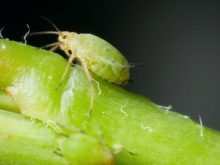
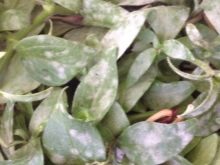

Advantages and disadvantages
The decorative variety of ampelous petunia "Shock Wave" has positive reviews among gardeners. Most of them are about spectacular and long flowering, the period of which begins earlier than that of other petunias. It is worth noting the variety of color shades, unpretentiousness during cultivation, as well as high resistance to inclement weather and wind. The refined pleasant aroma of the plant complements the coziness of the decorative atmosphere on the lawns in gardens and summer cottages.
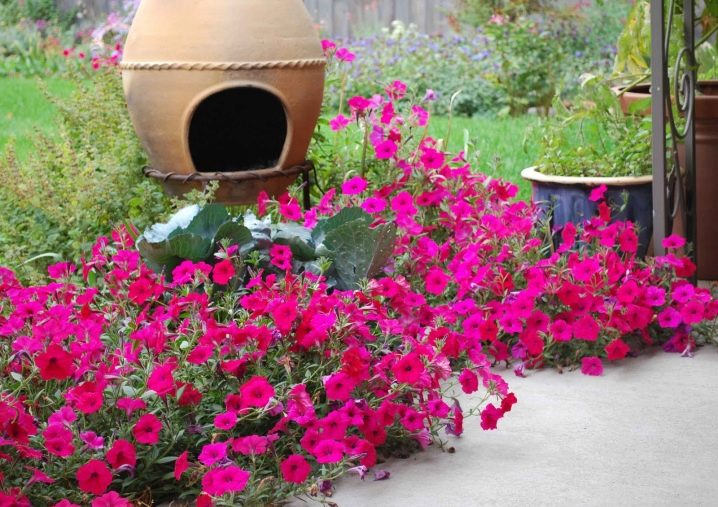
Minor disadvantages - Shock Wave petunia has an excessive amount of ovaries with seeds, which negatively affects the quality of flowering. Properly organized care and timely pruning will help hide this feature.
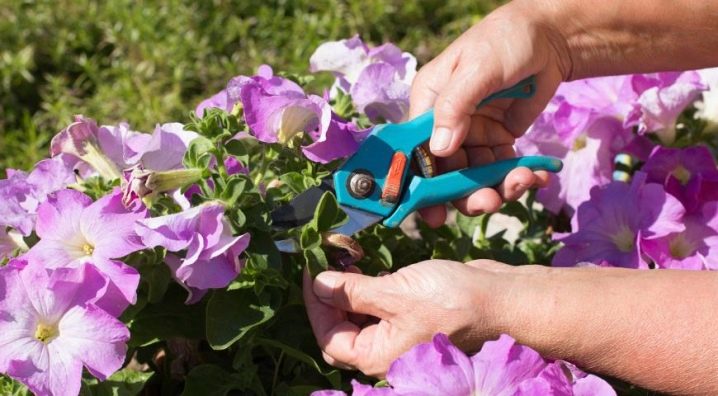
Taking into account the detailed description of the Shock Wave variety, as well as reviews of gardeners and amateur flower growers, some of the nuances necessary for growing petunias should be taken into account.
- It is not recommended to combine petunias of different varieties in one container, which differ in growth intensity and different flowering periods. Since stronger shoots will "interfere" with the growth of weakened ones and delay the beginning of their flowering.
- It is necessary to strictly control the amount of minerals introduced with feeding, and not to allow an excess of them.
- To reduce the risk of the formation of putrefactive diseases, it is recommended to provide good drainage in flower pots.
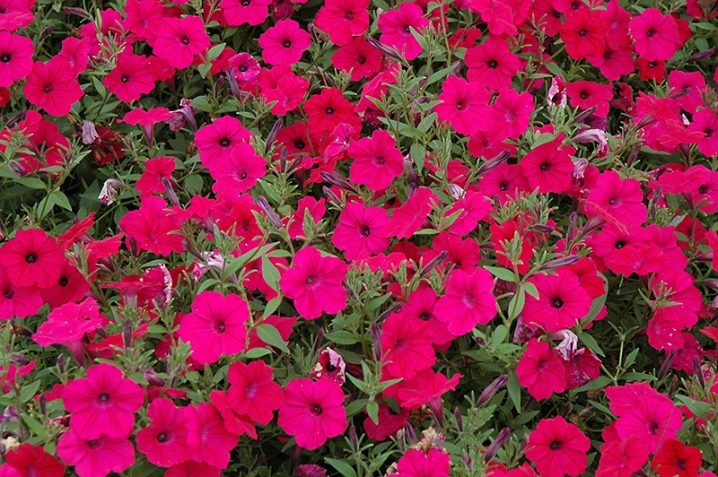
Following all the recommendations for growing, every petunia lover will be able to decorate his garden with a magnificent flower ball "Shock Wave".
See the video below for an overview of the "Shock Wave" petunias.




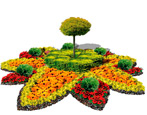
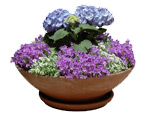
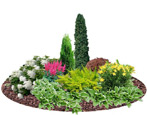
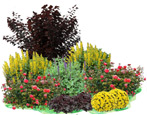
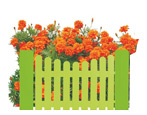
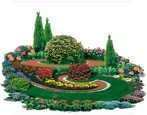
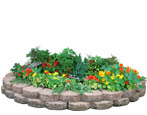
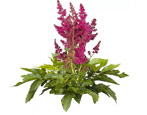

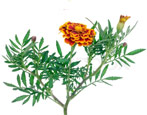
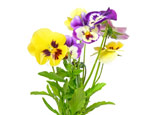

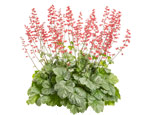

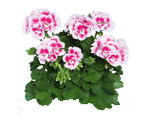
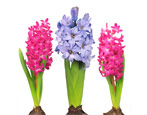


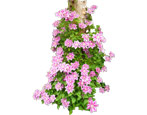
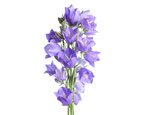
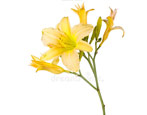
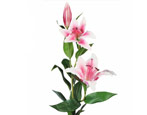
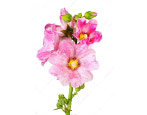


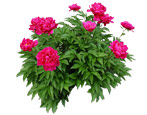
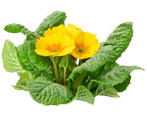
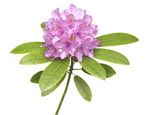


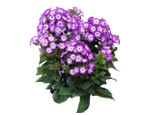
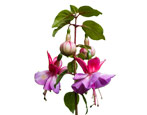
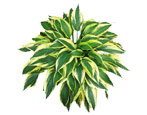
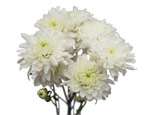
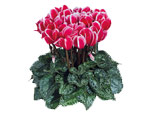
































































The comment was sent successfully.